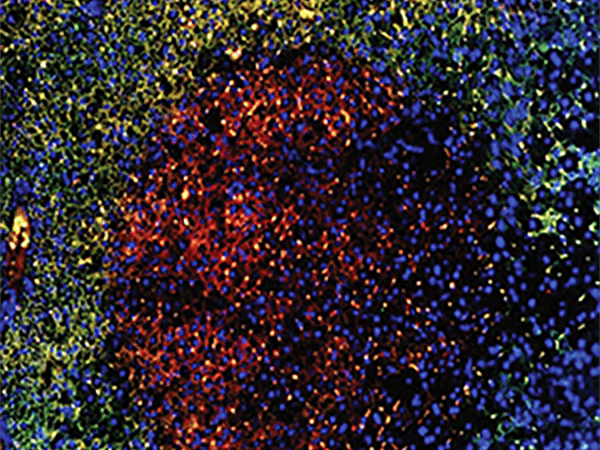Workshop Helps Researcher Conduct Clinical Trial Presented at AACR’s Annual Meeting
Clinical trials are an essential part of cancer research. They ensure that scientific discoveries are translated into advances in cancer prevention, detection, diagnosis, and treatment as quickly and safely as possible.
How a clinical trial is designed and conducted is central to whether the trial will provide a definitive answer about the efficacy of the product being tested. The American Association for Cancer Research and the American Society of Clinical Oncology jointly run an annual workshop to train early-career physician-scientists how to design and conduct effective clinical trials. This year’s Methods in Clinical Cancer Research Workshop started on Saturday, July 23, in Vail, Colorado. Held annually since 1996, its attendees have gone on to help test numerous anticancer therapeutics that are now benefiting patients worldwide.
One such physician-scientist is Alexander Drilon, MD, assistant attending physician of the Developmental Therapeutics Clinic and the Thoracic Oncology Service at Memorial Sloan Kettering Cancer Center (MSKCC) in New York. Drilon says that his participation in the 2012 Methods in Clinical Cancer Research Workshop helped move his career forward. “It was a great experience,” says Drilon. “I was able to take the lessons I learned at the workshop and put them into practice and build my career in academic medicine.”
One topic highlighted at the workshop in recent years is how to use genomics in the design and conduct of clinical trials. The idea is that using genomics to identify those patients most likely to benefit from the therapeutic being tested can help reduce the number of patients required to enroll in the trial before it is established whether or not the therapeutic is effective.
Genomically informed clinical trials largely fall into one of two categories: “basket” trials and “umbrella” trials. Basket trials are those that test a given therapeutic on a group of patients who all have the same type of genetic alteration, irrespective of the site of origin of the cancer, while umbrella trials aim to identify the best therapeutic for different types of genetic alterations in a certain type of cancer, e.g., breast cancer or lung cancer.
Drilon is the principal investigator at MSKCC of two basket-design clinical trials, STARTRK-1 and STARTRK-2. The phase I and phase II clinical trials are evaluating the investigational anticancer therapeutic entrectinib in patients who have a variety of types of cancer with NTRK1/2/3, ROS1, or ALK gene alterations.
Drilon presented data from STARTRK-1 and ALKA-372-001, another phase I clinical trial evaluating entrectinib, at the AACR Annual Meeting 2016 in New Orleans.
Commenting on the STARTRK-1 and ALKA-372-001 data in a news release, Drilon said, “Our data show that entrectinib, a potent oral inhibitor of TrkA/B/C, ROS1, and ALK proteins, can achieve rapid and durable responses in patients with a range of advanced or metastatic solid tumors harboring NTRK1/2/3, ROS1, or ALK gene fusions.”
One patient benefiting from an entrectinib clinical trial is Corey Wood, a 24-year-old who has stage IV non–small cell lung cancer with a ROS1 gene fusion. Wood is not being treated at MSKCC by Drilon, but she credits entrectinib with allowing her to live the life she envisioned before her devastating diagnosis in May 2014: A life full of exercise, adventure, and fun with family and friends.
Learn more about Corey’s story in this video:
https://www.youtube.com/watch?v=sHiFbPI-o4k&feature=youtu.be




